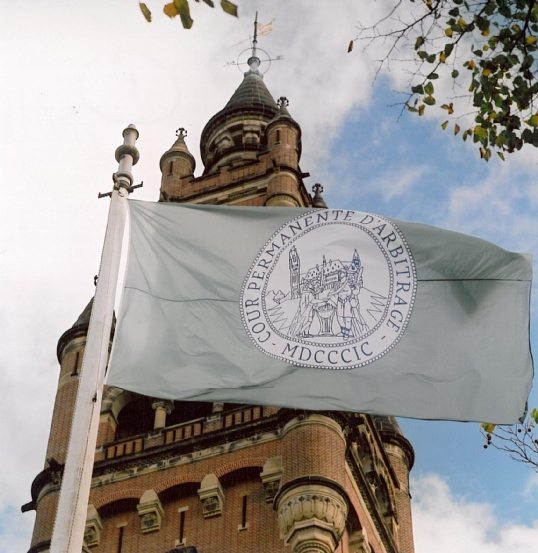Reuters
Oct 17, 2017
Fashion brands in The Hague's dock over factory safety in Bangladesh
Reuters
Oct 17, 2017
Trade unions on Tuesday hailed a landmark ruling allowing complaints to proceed against two global fashion brands for allegedly violating an agreement to improve building and fire safety in garment factories in Bangladesh.

The Bangladesh Accord was signed in 2013 after the Rana Plaza disaster, as an independent, legally-binding agreement between global brands and trade unions to establish a fire and building safety programme for workers in the textile industry.
“For any brand that isn’t in compliance, this decision sends a message that they cannot shirk their responsibilities to worker safety,” said Jenny Holdcroft of IndustriALL Global Union, one of two unions federations to lodge the complaints.
Poor working conditions and low wages have long been a concern in Bangladesh’s garment industry, which suffered one of the worst industrial accidents in 2013, when more than 1,100 people were killed in the collapse of the Rana Plaza complex.
The two cases will be the first that the Permanent Court of Arbitration (PCA) in The Hague judges under the accord, two global labour union federations said in a statement.
The names of the two fashion brands accused of breaking the agreement must remain confidential, according to the PCA, which ruled on Monday that the claims were admissible and within its jurisdiction. The court will judge the cases in March 2018.
The complaints allege that the two brands failed to compel their suppliers to improve their facilities within the mandatory deadlines, and did not help them to cover the costs to do so.
Under the accord, more than 118,500 fire, electrical and structural hazards have been identified at 1,800 factories which supply at least 200 brands, according to the two federations.
“This decision is a win for worker safety and for accountability in Bangladesh’s garment industry,” said Christy Hoffman, deputy secretary general of the UNI Global Union.
“The legally-binding nature of the Accord is a central pillar of its effectiveness.”
Bangladesh, which ranks behind only China as a supplier of clothes to Western countries, relies on apparel for more than 80 percent of its exports and about 4 million jobs.
The Rana Plaza disaster prompted fashion retailers to work more closely together to protect workers and ensure the safety of buildings in the South Asian nation, and legislation was introduced to ensure greater supply-chain transparency.
Yet campaigners say the progress by retailers in fixing problems in the supply chain has been slow - with long hours, low pay, poor safety standards and not being allowed to form trade unions common complaints from garment workers.
© Thomson Reuters 2024 All rights reserved.
























